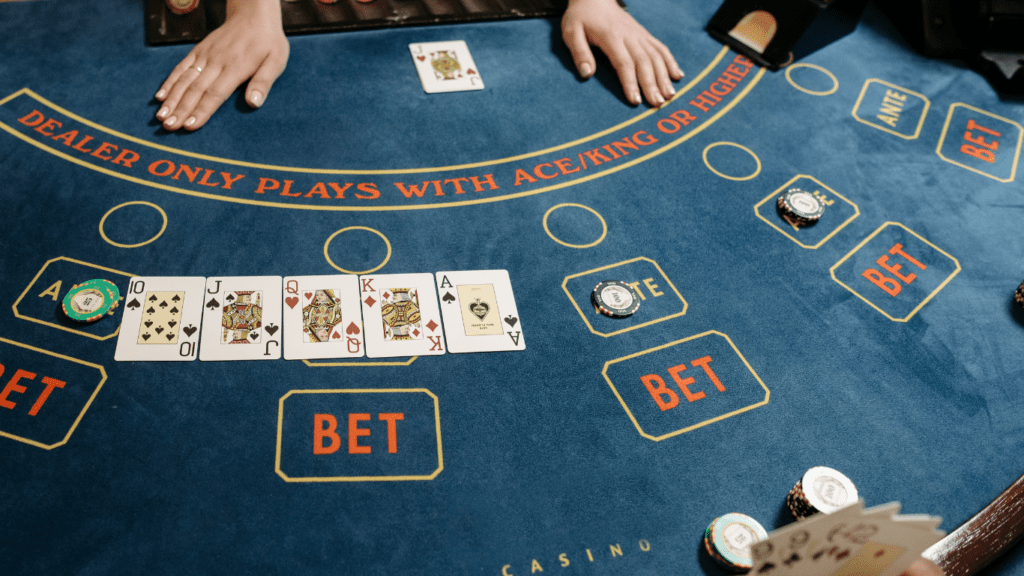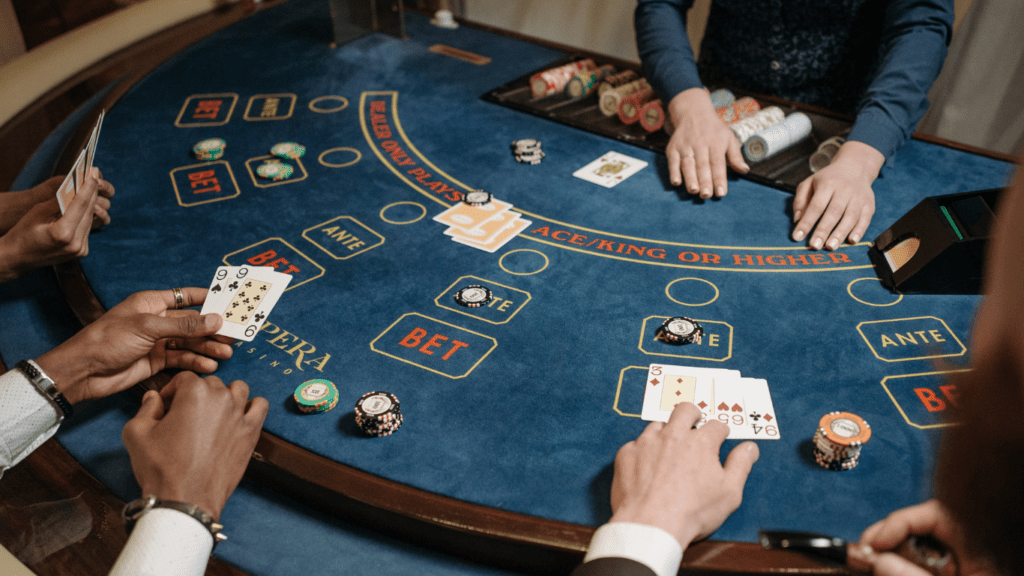Baccarat, a game synonymous with luxury and sophistication, has a storied history that traces its origins back to the elite nobility of Europe. As I delve into the evolution of this iconic card game, it becomes evident how baccarat has transcended its aristocratic beginnings to become a beloved pastime embraced by mainstream audiences worldwide.
From the opulent salons of French palaces to the bustling floors of modern casinos, baccarat has undergone a remarkable transformation, adapting to the changing tides of time while retaining its allure and charm. Join me on a journey through the centuries as we unravel the fascinating tale of how baccarat has evolved from a game reserved for the privileged few to a beloved classic that captivates players of all backgrounds.
History of Baccarat
Exploring the origins of Baccarat takes us back to the 15th century in Italy. The game’s name is derived from the Italian word “baccara,” meaning zero, highlighting the value of face cards and tens. Baccarat then made its way to France, becoming a favorite among the aristocracy during the reign of King Charles VIII in the late 15th century.
Moving forward to the 19th century, Baccarat gained immense popularity in England, where it was introduced by John Huxley, a renowned gaming expert. The game’s elegance and simplicity appealed to the British elite, setting the stage for its global expansion.
In the 20th century, Baccarat crossed the Atlantic to the United States, finding a new home in the glamorous casinos of Las Vegas. The game’s allure transcended borders, captivating players worldwide with its charm and sophistication.
Today, Baccarat has evolved into a mainstream casino game enjoyed by a diverse audience. Its journey from the palaces of Europe to the bustling floors of modern casinos reflects its enduring appeal and timeless allure. Whether played in luxurious settings or online platforms, Baccarat continues to captivate players with its rich history and thrilling gameplay.
Influence of Nobility on Baccarat
Baccarat’s journey from a game known as “baccara” meaning zero in 15th-century Italy to its current mainstream appeal has been significantly influenced by its association with nobility.
- The Rise of Baccarat Among the Aristocracy
Baccarat initially gained prominence among the French aristocracy in the late 15th century, becoming a symbol of prestige and sophistication. Its exclusivity and association with the elite contributed to its allure, attracting high society players to elegant salons where the game flourished. - Luxury and Exclusivity in Early Baccarat
Early baccarat was synonymous with luxury and exclusivity, played in opulent settings that reflected the grandeur of the noble class. The game’s association with nobility ensured that it remained a pastime reserved for the privileged few, adding to its mystique and desirability among the upper echelons of society.
Transition to Mainstream
Expanding beyond its noble origins, baccarat made a significant transition to become a mainstream favorite in modern times. The game’s evolution took a pivotal turn as it moved from exclusive salons of the elite to widespread popularity across different social strata.
In contemporary settings, baccarat’s allure extends beyond the aristocratic circles, captivating a diverse audience globally. Its transition to mainstream appeal has been marked by its inclusion in popular culture, online platforms, and brick-and-mortar casinos accessible to a broader demographic.
The democratization of baccarat has led to a surge in its popularity, making it a staple in the gaming industry and a favored choice among both seasoned players and newcomers. The game’s accessibility and adaptability have played a crucial role in cementing its status as a mainstream classic, transcending its historical association with high society.
Modernization of Baccarat
Exploring the modern landscape of baccarat reveals a fascinating metamorphosis that has propelled this traditional card game into the mainstream spotlight. Today, baccarat’s allure extends far beyond the opulent chambers of yesteryears, captivating a diverse audience across the globe.
In contemporary times, baccarat has transcended its aristocratic confines, embracing a more democratic ethos that welcomes players from all walks of life. The game’s transition from exclusive salons to online platforms and bustling casinos has democratized access, making it accessible to a wider demographic.
The integration of baccarat into popular culture has played a pivotal role in its modernization. From feature films showcasing high-stakes baccarat scenes to celebrities flaunting their prowess at the tables, baccarat has become intertwined with mainstream entertainment, further fueling its widespread appeal.
Moreover, the advent of online baccarat has revolutionized the gaming experience, enabling enthusiasts to enjoy the game anytime, anywhere, from the comfort of their homes. This digital evolution has not only expanded the reach of baccarat but also introduced innovative variants that cater to diverse player preferences.
In essence, the modernization of baccarat signifies a paradigm shift from its historical elitism to a more inclusive and accessible form of entertainment. Embracing innovation while honoring its rich heritage, baccarat continues to captivate audiences of varying backgrounds, solidifying its status as a timeless classic in the realm of casino games.



 Bertha Richardonner is the dedicated author of Gamble Wise Roots, where she provides readers with in-depth insights into the gambling world. Her platform offers essential news and updates, simplifies casino basics, and breaks down the intricacies of odds.
Bertha’s passion for uncovering the history and evolution of casino games, along with her exploration of betting origins, empowers enthusiasts to approach gaming with greater knowledge and understanding.
Bertha Richardonner is the dedicated author of Gamble Wise Roots, where she provides readers with in-depth insights into the gambling world. Her platform offers essential news and updates, simplifies casino basics, and breaks down the intricacies of odds.
Bertha’s passion for uncovering the history and evolution of casino games, along with her exploration of betting origins, empowers enthusiasts to approach gaming with greater knowledge and understanding.
